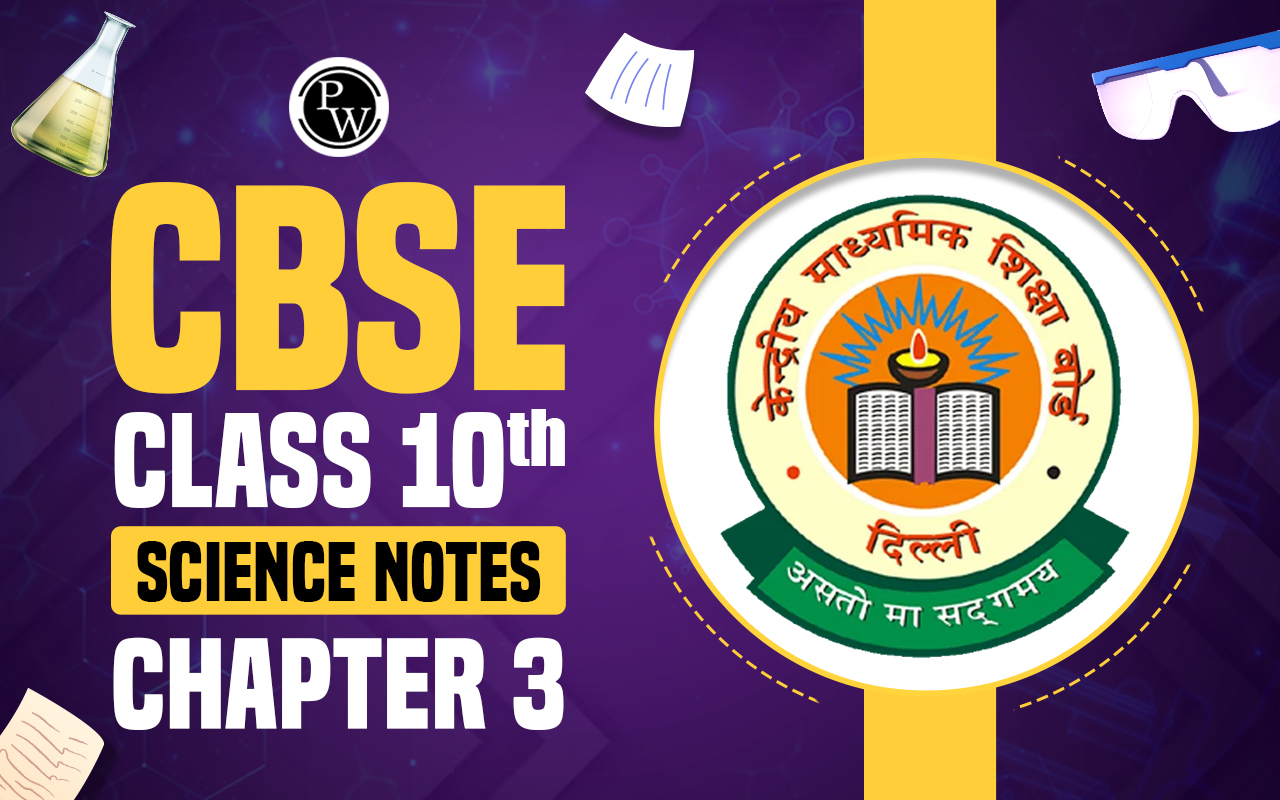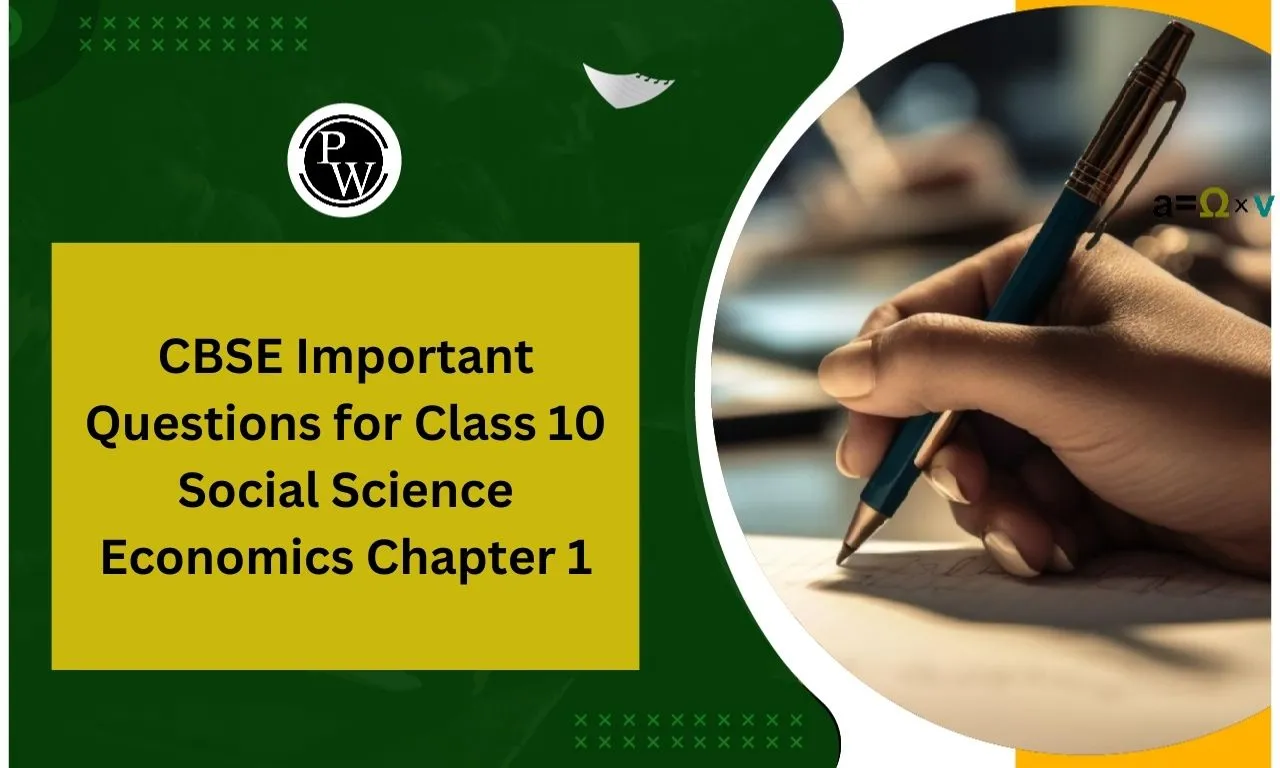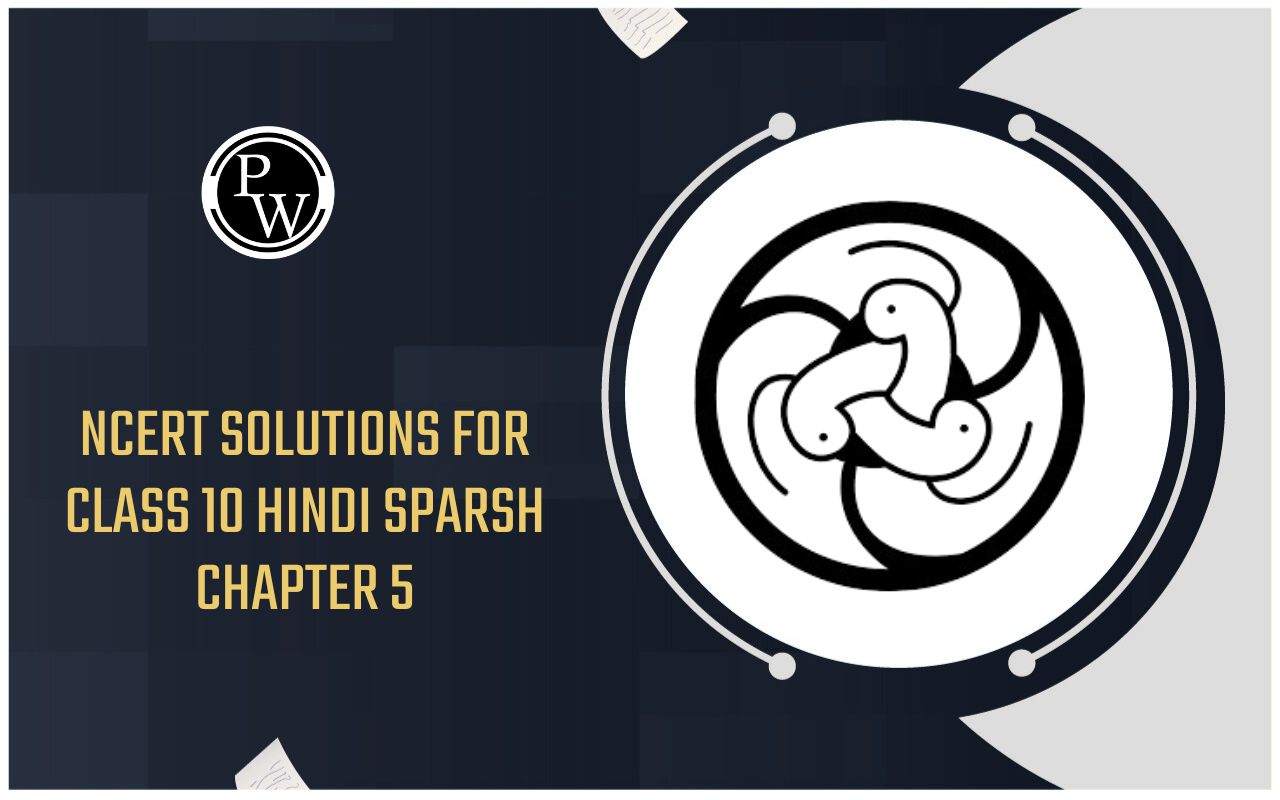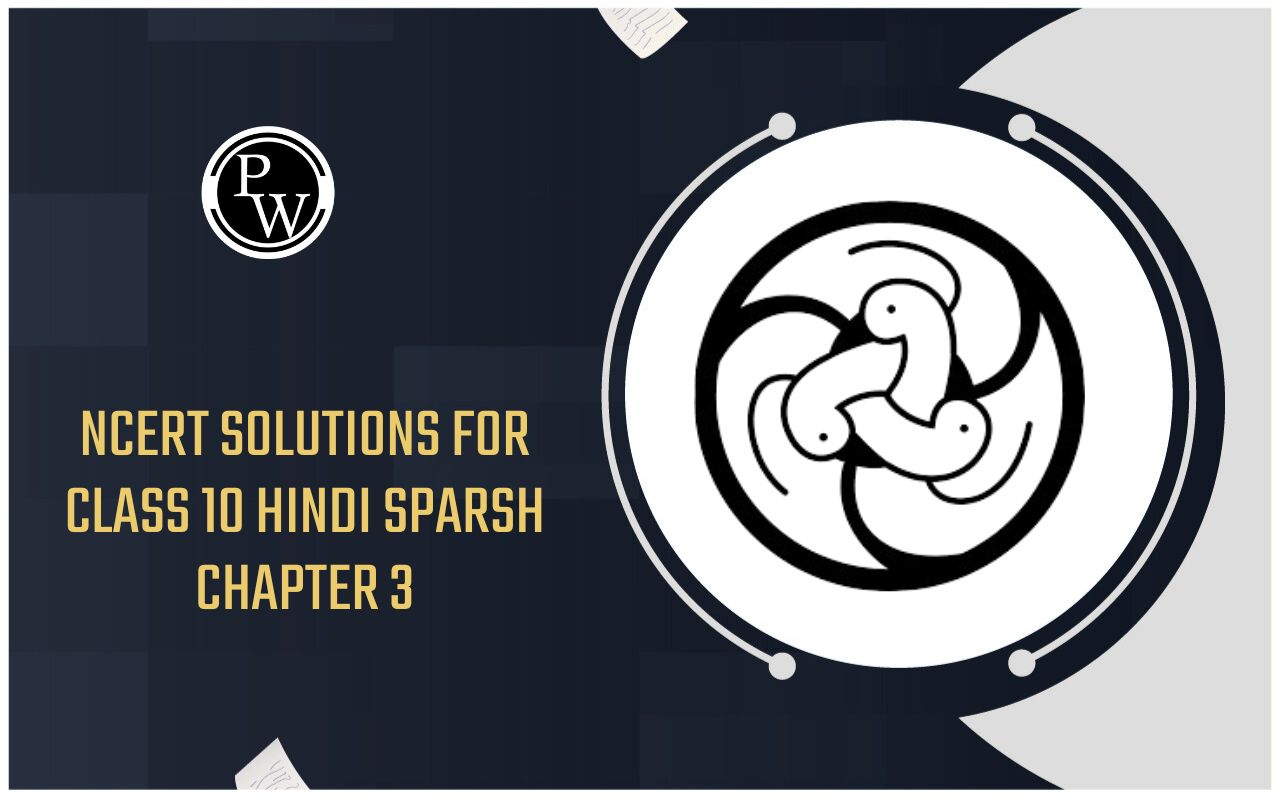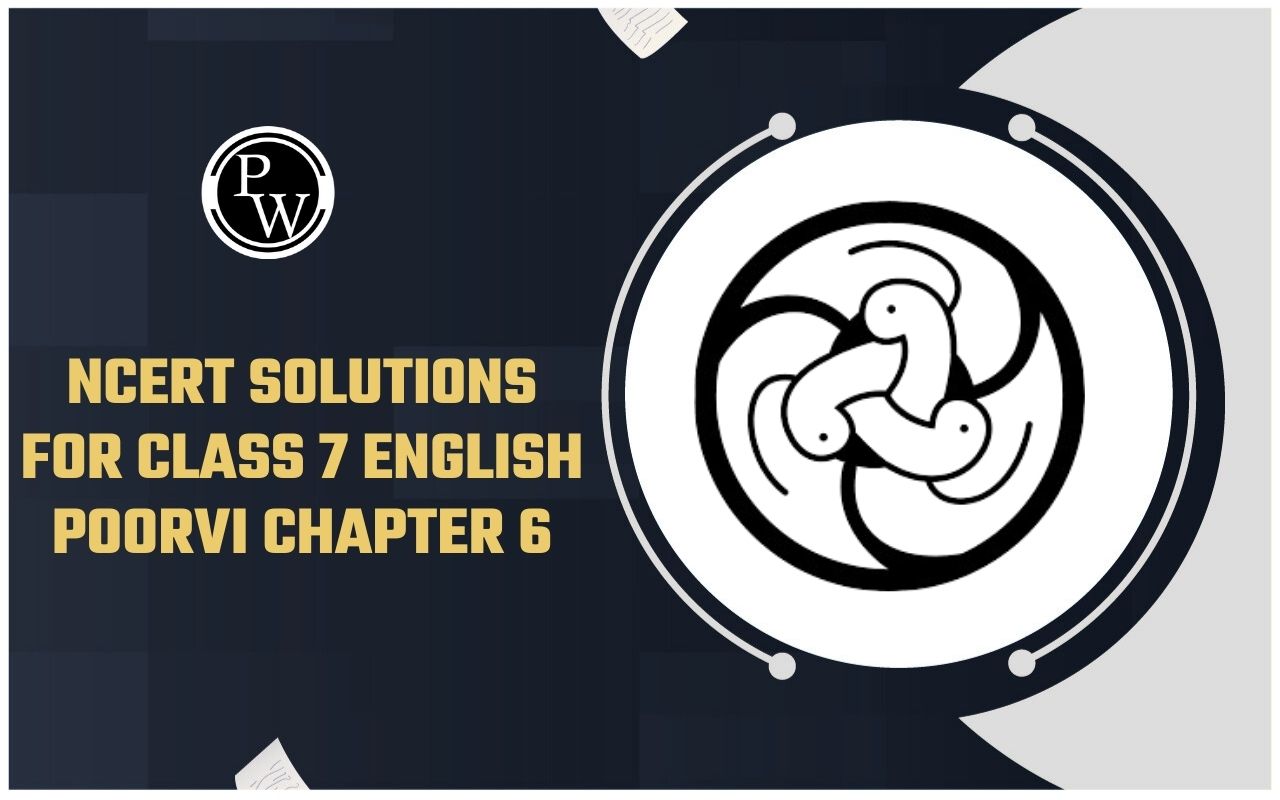
Present Perfect Continuous Tense: Have you ever questioned how we discuss actions that began in the past and are ongoing or just concluded recently? That's where the "Present Perfect Continuous Tense" comes into play. Imagine telling a friend about something you've been doing or a project you've been working on. That's exactly what this tense helps us do. In this article we will cover the definition of Present Perfect Continuous Tense, Structure, Rules, and it uses.
What is the Present Perfect Continuous Tense?
The present perfect continuous tense is a grammatical structure used to depict actions or situations that started in the past and are either ongoing into the present or have recently stopped. It's formed by using "have been" or "has been" followed by the present participle (the -ing form of the verb).
For example:
"I have been studying for two hours." This indicates that the individual started studying in the past and is currently continuing their study.
Thus, the essence of the present perfect continuous tense lies in linking the past and the present to express that an action initiated in the past is either ongoing or has recently concluded.
Definition of Present Perfect Continuous Tense
The 'present perfect continuous tense,' as defined by the Oxford Learner’s Dictionary, is a grammatical structure employed to discuss an action or ongoing activity that commenced in the past and is either ongoing at present or has recently concluded.
Structure of Present Perfect Continuous
The formation of the present perfect continuous tense adheres to the following structure:
Subject+have/has+been+present participle (verb+ing)+the rest of the sentence
Similar to other tenses, the sentence structure of the present perfect continuous tense can be examined in positive, negative, interrogative, and negative interrogative forms.
|
Structure of the Present Perfect Continuous Tense |
|||
| Positive | Negative | Interrogative | Negative Interrogative |
| Subject + have/has + been + present participle + the rest of the sentence | Subject + have/has + not + been + present participle + the rest of the sentence | Have/has + subject + been + present participle + the rest of the sentence | Have/has + subject + not + been + present participle + the rest of the sentence (or) Haven’t / hasn’t + subject + been + present participle + the rest of the sentence |
| Examples: She has been studying for three hours. They have been working on the project since morning. I have been waiting for your call. | Examples: She has not been watching TV all day. They haven't been practicing the piano lately. I haven't been feeling well this week. | Examples: Have you been exercising regularly? Has he been visiting his grandparents? Have they been attending the meetings? | Examples: Haven't you been paying attention in class? Hasn't she been taking her medication? Haven't they been working on the assignment? |
Rules for Present Perfect Continuous Tense
Here are some simple rules for the Present Perfect Continuous Tense:
Formation
- Use "have been" (for I, you, we, they) or "has been" (for he, she, it).
- Add the present participle of the verb (the -ing form).
Example: "I have been studying."
Ongoing Action
- Use this tense for actions that started in the past and are still happening now.
Example: "She has been playing the guitar for years."
Recent Action
- Use it to talk about actions that started in the past and just stopped or finished recently.
Example: "They have been cooking, and the food smells delicious."
Temporary or Habitual Actions
- It can also be used for temporary or habitual actions that started in the past and continue into the present.
Example: "He has been living in the city for a while."
Remember these rules, and you'll be able to use the Present Perfect Continuous Tense to describe ongoing or recently finished actions in a clear way.
| Preposition | Tense Chart |
| Alphabet | Adjectives |
Uses of the Present Perfect Continuous Tense
Here are the uses of present perfect continuous tense.
The present perfect continuous tense is used to showcase the ongoing progress of an action that began in the past and persists up to the present.
This tense can be used to finish an action that was initiated in the past and has only recently stopped.
Additionally, the present perfect continuous tense is suitable for expressing actions, whether temporary or habitual, that commenced in the past and are still ongoing in the present.
Examples of Present Perfect Continuous Tense
Here are some examples of sentences using the Present Perfect Continuous Tense:
Positive
She has been learning Spanish for months.
We have been practicing the piano every day.
The kids have been playing outside for hours.
Negative
He hasn't been sleeping well lately.
They haven't been watching much TV recently.
She hasn't been feeling well this week.
We haven't been exercising regularly.
The team hasn't been performing as expected.
Interrogative
Has she been attending the yoga classes regularly?
Have they been working on the new software?
Have we been meeting our deadlines?
Negative Interrogative
Haven't they been practicing for the concert?
Haven't you been enjoying your new job?
Haven't we been discussing this issue for a while?
Hasn't she been working on her thesis?
| Related Links | |
| Present Tense | Past Tense |
| Future Tense | Object Pronouns |
Present Perfect Continuous Tense FAQs
What is the Present Perfect Continuous Tense?
How is the Present Perfect Continuous Tense structured?
What are the variations of sentence structures in Present Perfect Continuous?
What are some rules for using Present Perfect Continuous Tense?


